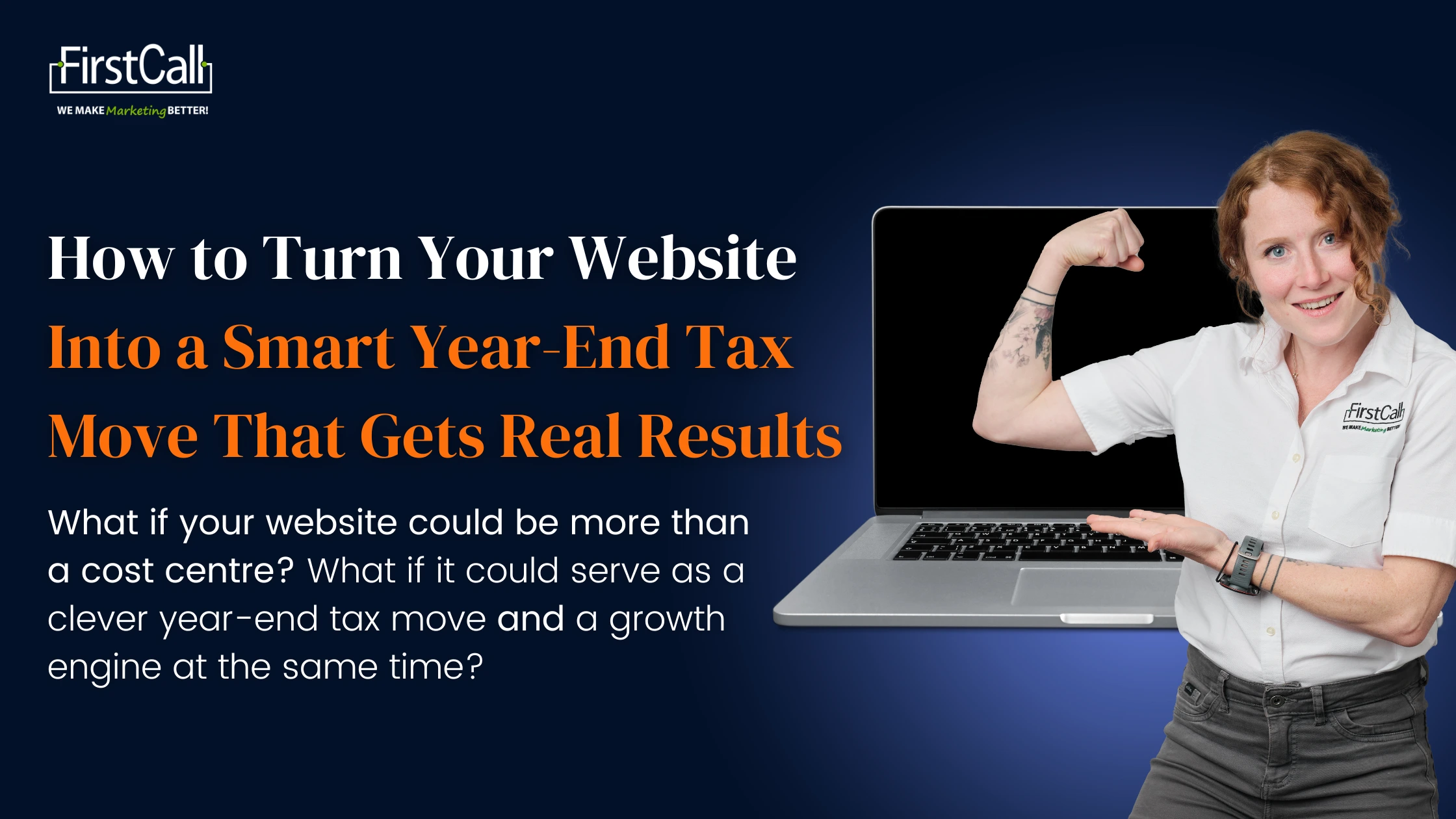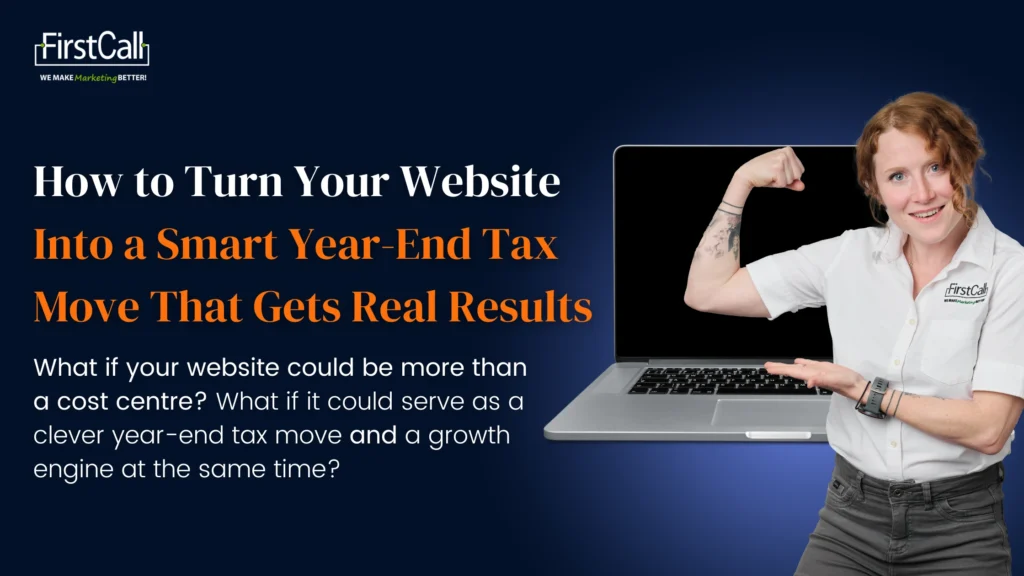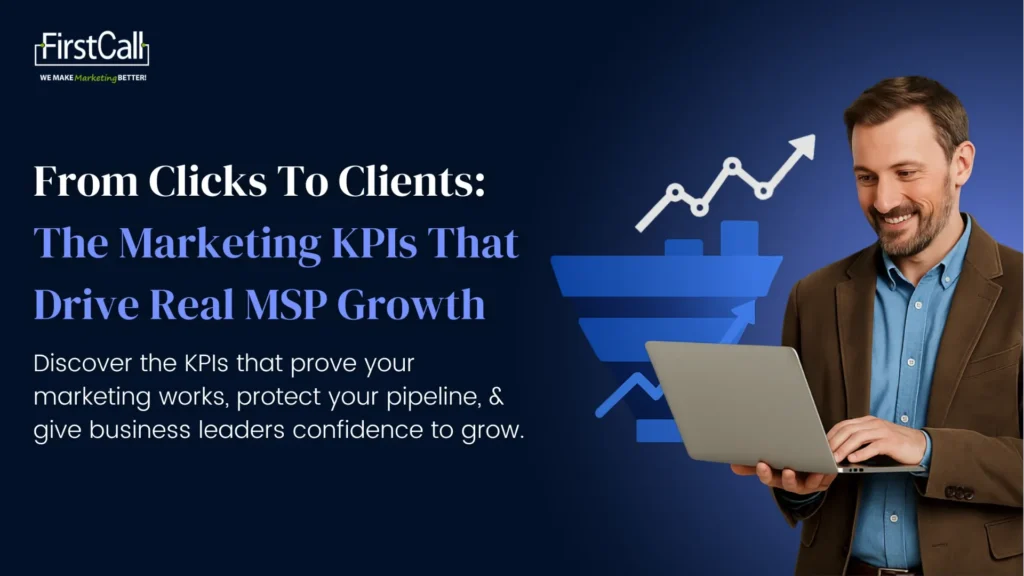If you own or manage a small business in Montana and you’re staring down another tax-season countdown while wondering whether your website is just another cost, you’re not alone. Many local business owners feel the pinch: service delivery, sales calls, compliance demands, and all the while the website sits there, “just because we have one.”
Marketing often feels like one more task on an already full plate, especially when growth depends on being visible beyond your local network.
But what if your website could be more than a cost centre? What if it could serve as a clever year-end tax move and a growth engine at the same time? Here’s how to turn your website from sunk cost to strategic asset.
1. Why Your Business Website Is an Asset, Not an Expense
We get it. For many local businesses, a website feels like another box to tick, not a driver of real revenue. But the right website can be your strongest regional growth asset.
Your website is a digital front door, a credibility builder, and a 24/7 silent sales rep.
From a tax perspective, that matters. Costs you incur for business growth and visibility are often tax deductible, meaning you can reduce taxable profit by treating website investment as a legitimate business expense. Hosting, content updates, SEO work, or redesigns may qualify.
So, think of your website as a dual purpose tool, one foot in growth, one foot in tax efficiency.
➔ Explore how our website design process turns sites into lead engines
2. Website Tax Deductions vs Capital Expenses: What Small Businesses Should Know
Before you rush to spend, align the cost with how tax rules treat it. In many jurisdictions, website costs fall into two categories: capital expenditure and revenue expenditure.
- Revenue expenditure covers costs that keep the website running, such as hosting, maintenance, and content updates. These can typically be deducted in the year they’re incurred.
- Capital expenditure refers to costs that create or upgrade an asset with long term value, such as building a new website or complete redesign. These may need to be capitalised and claimed over time.
For Montana businesses, this means a major refresh late in your financial year can still benefit your tax position, while smaller ongoing improvements count too. Don’t wait until the calendar flips, start now.
➔ Check current small business tax deduction guidance from the U.S. Small Business Administration
3. How to Make Website Investments Before Year-End for Tax Benefits
The final quarter of your tax year is the perfect moment to ask: “Which website investment can I pull in now that drives visibility and offers a tax benefit?”
Examples include:
- Committing to a redesign or rebuild and invoicing before year end.
- Upgrading SEO or content strategy so it’s billed this year.
- Purchasing hosting or maintenance packages that start before your fiscal cutoff.
- Keeping clear documentation, invoices, receipts, and notes on business purpose.
This is the perfect time to make updates before the year winds down and before winter slows the pace of new projects.
By doing this, you’re not only improving your digital presence but also positioning that spend as a business growth move and a tax efficient investment.
4. How to Make Your Website Drive Growth and Tax Efficiency
Tax advantages are great, but your website still needs to earn its keep. Here’s how Montana businesses can make their sites actually drive leads:
- Lead magnet integration: Add a simple offer like “Free Consultation” or “Project Estimate.”
- Value led content: Share educational blogs, quick tips, or case studies. Help customers make better decisions.
- Optimise for AI and search: Algorithms now rank clarity and usefulness over keyword stuffing. Structure your content for discovery and readability.
- Social proof: Add reviews, client stories, and team photos to humanise your brand.
What to expect when you act now
- Better SEO visibility as fresh, structured content is indexed.
- Clearer conversion paths that turn visits into leads.
- Stronger alignment between social and site messaging that builds trust. Implementing these changes before year end positions the spend as a business investment and a smart tax timing decision.
5. Common Small Business Website Mistakes That Waste Tax Opportunities
- “It’s just a brochure site.” If your website only displays info, accountants might see it as passive. Show how it supports sales or lead generation.
- Poor record keeping. Missing invoices or unclear descriptions make claims harder. Keep documentation organised.
- Waiting for perfection. Your site will never be “done.” Don’t miss this year’s tax window by over planning.
- Mixing personal and business use. Keep it strictly business to ensure expenses qualify.
6. Year-End Website Investment Checklist for Small Businesses
- Audit current website costs such as design, hosting, SEO, and content.
- Decide what to accelerate such as redesign, SEO refresh, or new content.
- Document business purpose such as “Improving website to convert more leads.”
- Consult your accountant to confirm timing and deductions before filing.
⬇️ Download The 2025 Website Write-Off Guide
7. Why Smart Businesses Invest in Their Websites Before Year-End
Your competitors are already upgrading their sites and tightening their content for both buyers and search algorithms. If you treat your site as a cost to be minimised, you’ll lag behind.
Today’s Montana customers research quietly. They read reviews, check local listings, and skim your website long before they reach out. Your site isn’t a formality, it’s part of your sales process.
A modern, optimised site tells a story of stability and trust. A neglected one says the opposite. Taking action now doesn’t just help your taxes, it gives you peace of mind heading into the new year knowing your business is ready to be found by the right clients.
According to the HubSpot State of Marketing 2024 report, educational content generates twice as many qualified leads as promotional content, and the same applies to your website.
❓Frequently Asked Questions About Website Write-Offs
Can I claim my website costs as a business expense? In most cases, yes. If your website is used wholly for business, expenses like hosting, design, and content updates are deductible. Always confirm with your accountant.
What website costs count as capital versus deductible? Ongoing updates are typically deductible, while major rebuilds may need to be capitalised. Your accountant can help determine the correct approach for your business.
Why invest before year end? Spending before the tax year closes allows you to claim deductions sooner and start benefiting from improved visibility right away. It also means your refreshed website can start attracting leads earlier in the new year.
8. Turn Your Website into a Smart Year-End Tax Move
If your website has been sitting on your to do list, now’s the time to act. With some smart planning you can turn it into one of the best year end moves you’ll make, a visible lead driver and a tax efficient investment.
You don’t need to rebuild everything overnight. Start small, document clearly, and prioritise what moves the needle most.
Visibility is not optional anymore; it’s the foundation for growth.
At First Call Digital, we’re proud to help Montana businesses grow with clarity, confidence, and a partner who understands the local landscape.
Ready for a fresh start? Contact us today to schedule your website refresh consultation and find out how to make your site work harder for your business this year.





